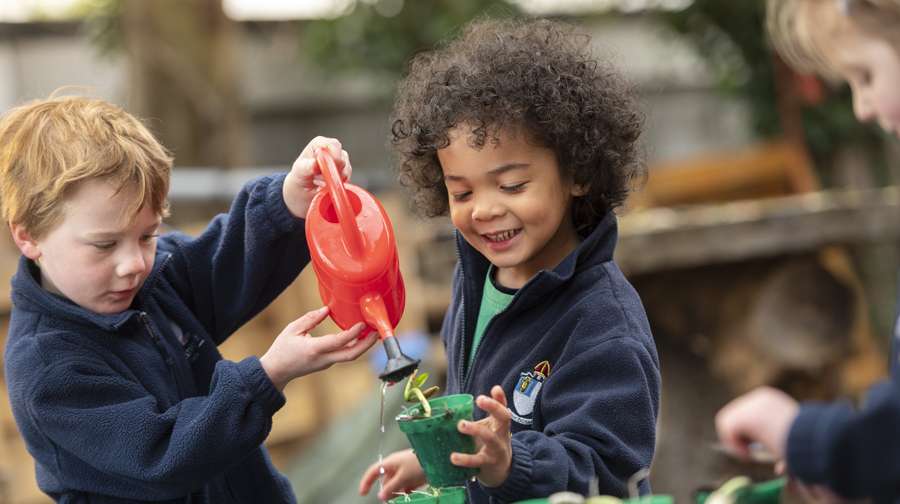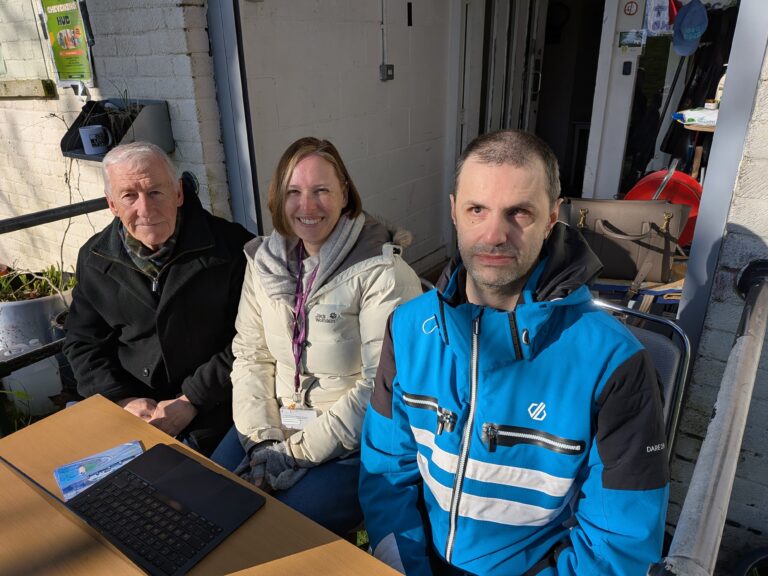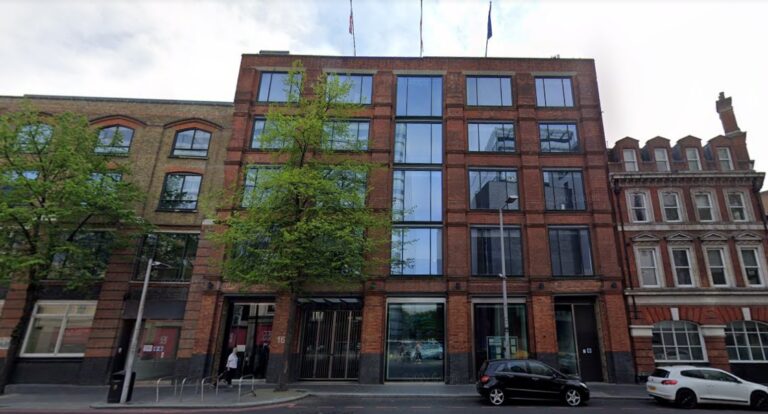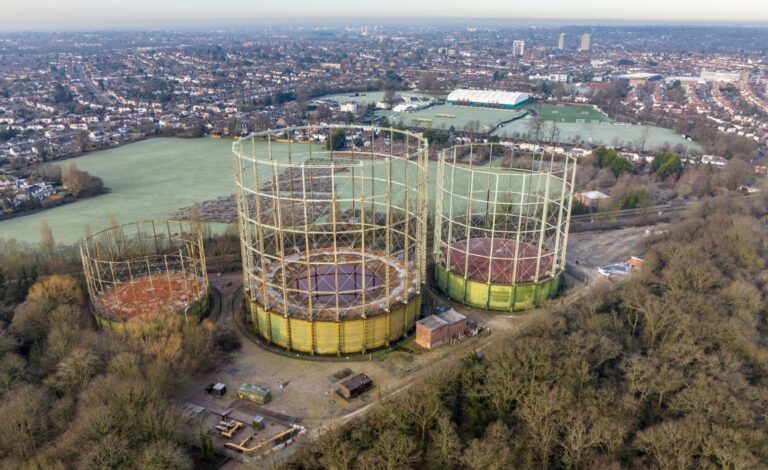There is no doubt that we have all become acutely aware of both the physical and mental benefits of time spent outdoors. This was particularly evident given the impact of the last two years when our sense of freedom to explore, travel and enjoy the wonder of nature was so significantly compromised. Here at St Dunstan’s, our initial return to school for a few year groups, when covid numbers were still very high coincided, to our advantage, with not just our move to a new state-of-the-art building, but also the creation of our beautifully serene woodland classroom. This hidden treasure is nestled at the rear of the College site in a secluded tree-lined area. This is where our returning pupils spent many hours making up for lost time in the outdoors. From this point onwards, our eyes were truly open to the great many learning opportunities that come from time spent enjoying the beauty of nature.
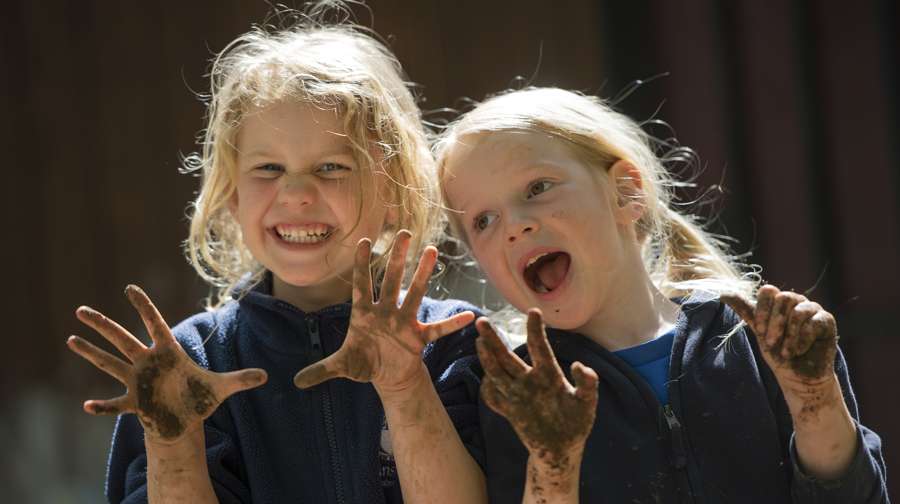
With our Forest School trained woodland classroom coordinator taking the lead, the space has evolved rapidly, largely due to a need to respond to the ever-growing habitats of our minibeast and animal friends, who were eager to see what all the excitement was about. Our Nursery and Reception pupils spend at least one full day every week in wellies and rainsuits in the Woodland Classroom, come rain or shine, with pupils from Years 1 to 6 using the space when it complements their focus topics. The truth is, as adults we continue to tune in to David Attenborough documentaries with a sense of awe and amazement, but this wonder and natural curiosity about the world around us begins from the very earliest stages of life. Attenborough states that, “The whole of life is coming to terms with yourself and the natural world. Why are you here? How do you fit in? What’s it all about?” Learning about the natural world gives us a sense of perspective and gratitude throughout our lives, supporting our health in every sense. Generally speaking, we all feel better when we spend time in the fresh air, exploring green spaces.
We are all fully aware of the sad truth about the global environmental picture and how both the smaller and larger-scale decisions we make can have a significant impact upon our environment. The statistics are alarming, frightening and can leave us feeling a little helpless. What better way to enact positive change than by educating our young people today about how valuable, breathtaking and inspiring the natural world is, not least because of the food, water and air it provides for all living things? Our very being is dependent on looking after it and this positive outlook of nurturing natural curiosity is the best possible starting point for encouraging future generations to look after the planet better than those before them have done in the past.
Our woodland classroom sessions enable pupils to take educational risks, but in a safe, nurturing and supportive learning environment. Pupils develop meaningful connections with the world around them, instilling a sense of belonging to an interconnected world.
We see the space as simply a classroom without walls, which enables open-ended, critical thinking skills, where children are learning that they can lead their own learning, which does not begin and end in school, but continues through to adulthood. This engenders teamwork and problem-solving skills as pupils interact with nature and better understand how it adapts to the changing of the seasons.
We often see children, who we know very well in the supportive, trusting environment that we create, show a different side to their character. This, we believe, is demonstrative of a response to being physically freer in this setting and often pupils are more engaged and active outdoors, developing rapid social communication skills. The adults who work with them also become co-learners and collaborators, creating a real sense of community and camaraderie when learning and teaching in this way. Seeing the adults around them learn and respond positively to nature shows the teachers behaving as role models to the pupils, engaging in mature and sophisticated dialogue to ask questions, respond in the moment to what they see and not be frightened of challenging their learning in order to find out more. This true love of learning must be nurtured and supported from the very earliest stages in education.
Pupils are able to independently forge links between the learning they are encountering in the classroom and what they are able to put into practice outside, with the introduction of natural materials, storytelling and physical experiences. We often see children who may be shy or quiet in a classroom environment become animated story tellers and explorers once outside, often showing strength in leadership skills that we would not have necessarily been able to harness in the same way in the indoor classroom setting. Pupils are introduced to forest skills such as fire making, whittling and den building from Nursery onwards.
Their resilience and confidence are fostered by trying activities that they might not have encountered previously or by engaging in what they perceive as ‘adult’ or more ‘risky’ activities. The excitement that this instils is palpable and we see that it is our duty to inspire pupils to enter a journey of self-discovery in the setting we create for them. We aim here at St Dunstan’s to create a balance of confident city children, alongside resilient countryside adventurers, and seize any opportunity for our pupils to see the natural fun that can be had whilst learning about a world where they will one day become proactive global citizens.
Find out more about St Dunstan’s College Junior School at www.stdunstans.org.uk


